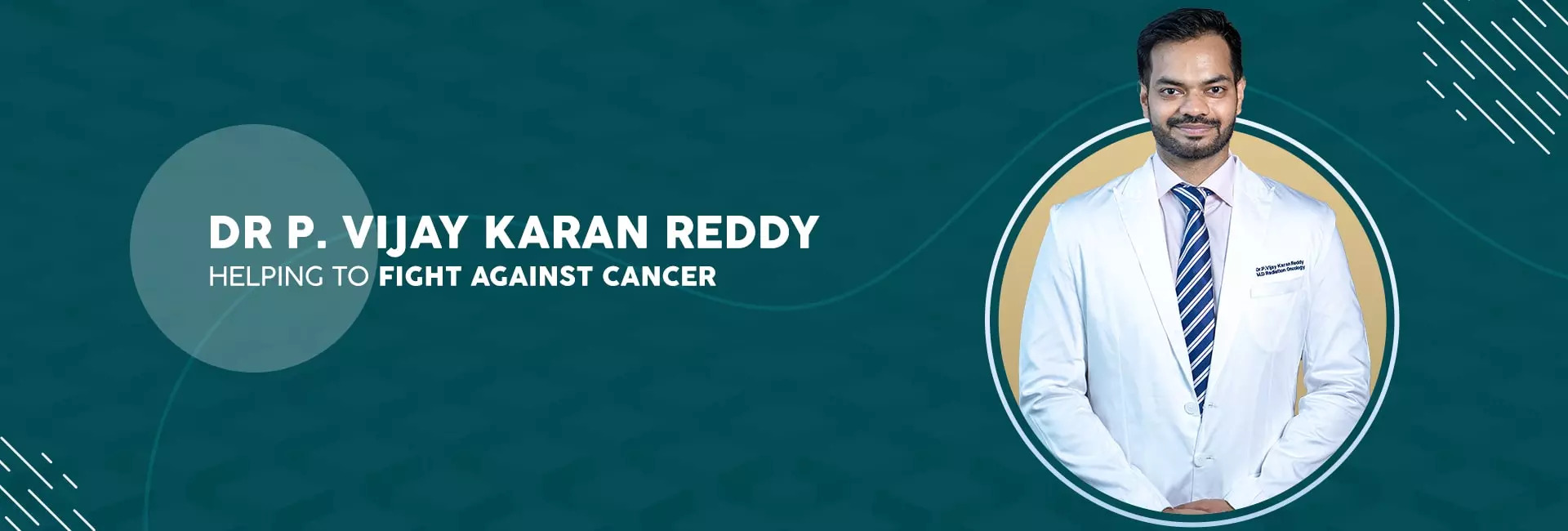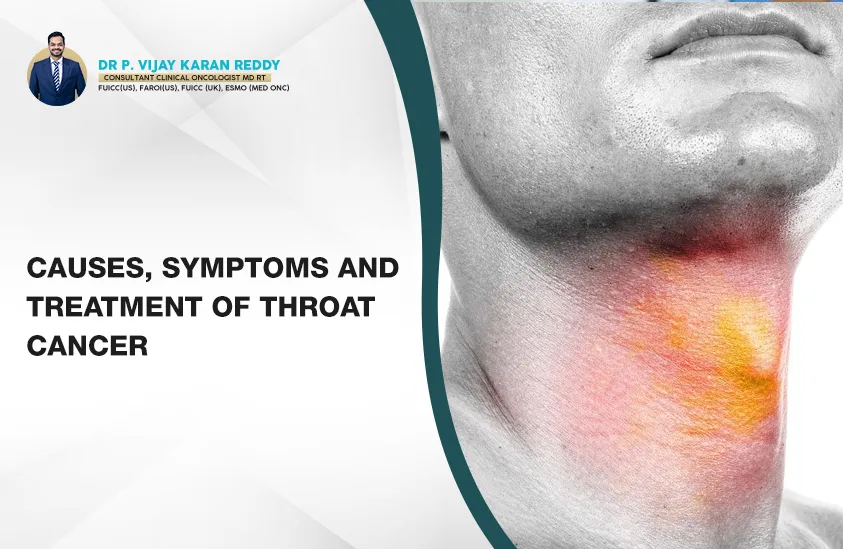Throat cancer, also known as laryngeal or pharyngeal cancer, poses significant health challenges globally. Dr. Vijay Karan Reddy at Arete Hospitals Hyderabad is committed to providing comprehensive information about this condition, including its causes, symptoms, and available treatment options. In this guide, we delve into the intricacies of throat cancer to empower individuals with knowledge and understanding.
Exploring the Causes of Throat Cancer
Throat cancer can develop when cells in the throat mutate and grow uncontrollably. While the exact cause of these mutations is often unknown, several factors may increase the risk of developing throat cancer:
Tobacco Use: Smoking cigarettes, cigars, or pipes, as well as chewing tobacco, significantly increases the risk of throat cancer.
Alcohol Consumption: Excessive alcohol consumption, especially when combined with tobacco use, further elevates the risk.
Human Papillomavirus (HPV): Certain strains of HPV, transmitted through sexual contact, have been linked to throat cancer.
Poor Nutrition: A diet lacking in fruits and vegetables may increase the risk of developing throat cancer.
Exposure to Environmental Toxins: Prolonged exposure to certain chemicals and pollutants may contribute to the development of throat cancer.
Recognizing Symptoms and Early Warning Signs
Early detection of throat cancer is crucial for successful treatment outcomes. Being aware of the following symptoms and seeking prompt medical attention can aid in early diagnosis:
Persistent Sore Throat: A sore throat that persists for an extended period, especially without any signs of improvement, should be evaluated by a healthcare professional.
Difficulty Swallowing: Difficulty swallowing, also known as dysphagia, may indicate the presence of a throat tumor.
Hoarseness or Change in Voice: Hoarseness or a persistent change in voice quality may be a symptom of throat cancer.
Unexplained Weight Loss: Sudden and unexplained weight loss can sometimes be a sign of an underlying health issue, including throat cancer.
Swelling in the Neck: Swelling or lumps in the neck may indicate the spread of throat cancer to nearby lymph nodes.
Treatment Options for Throat Cancer
The treatment approach for throat cancer depends on various factors, including the stage of cancer, its location, and the overall health of the individual. Common treatment modalities include:
Surgery: Surgical removal of the tumor may be recommended for early-stage throat cancer.
Radiation Therapy: High-energy radiation is used to destroy cancer cells or shrink tumors.
Chemotherapy: Chemotherapy drugs may be administered to kill cancer cells or inhibit their growth.
Targeted Therapy: Targeted drugs may be prescribed to specifically target cancer cells while sparing healthy tissues.
Embracing Hope Through Research and Innovation
Ongoing research and clinical trials are continuously exploring new avenues for the treatment of throat cancer. From innovative therapies to advances in early detection methods, these efforts offer hope for improved treatment outcomes and quality of life for individuals affected by throat cancer.
Conclusion: Empowering Awareness and Action
Throat cancer is a serious health condition that requires prompt attention and comprehensive care. Dr. Vijay Karan Reddy offers expertise in throat cancer treatment in Hyderabad. By understanding the risk factors, recognizing symptoms, and exploring available treatment options, individuals can take proactive steps towards managing throat cancer effectively. As a Radiation Oncologist in Hyderabad, he provides support and resources for better outcomes. Let's combat throat cancer together. Together, we can raise awareness, promote early detection, and improve outcomes for those affected by this disease.


